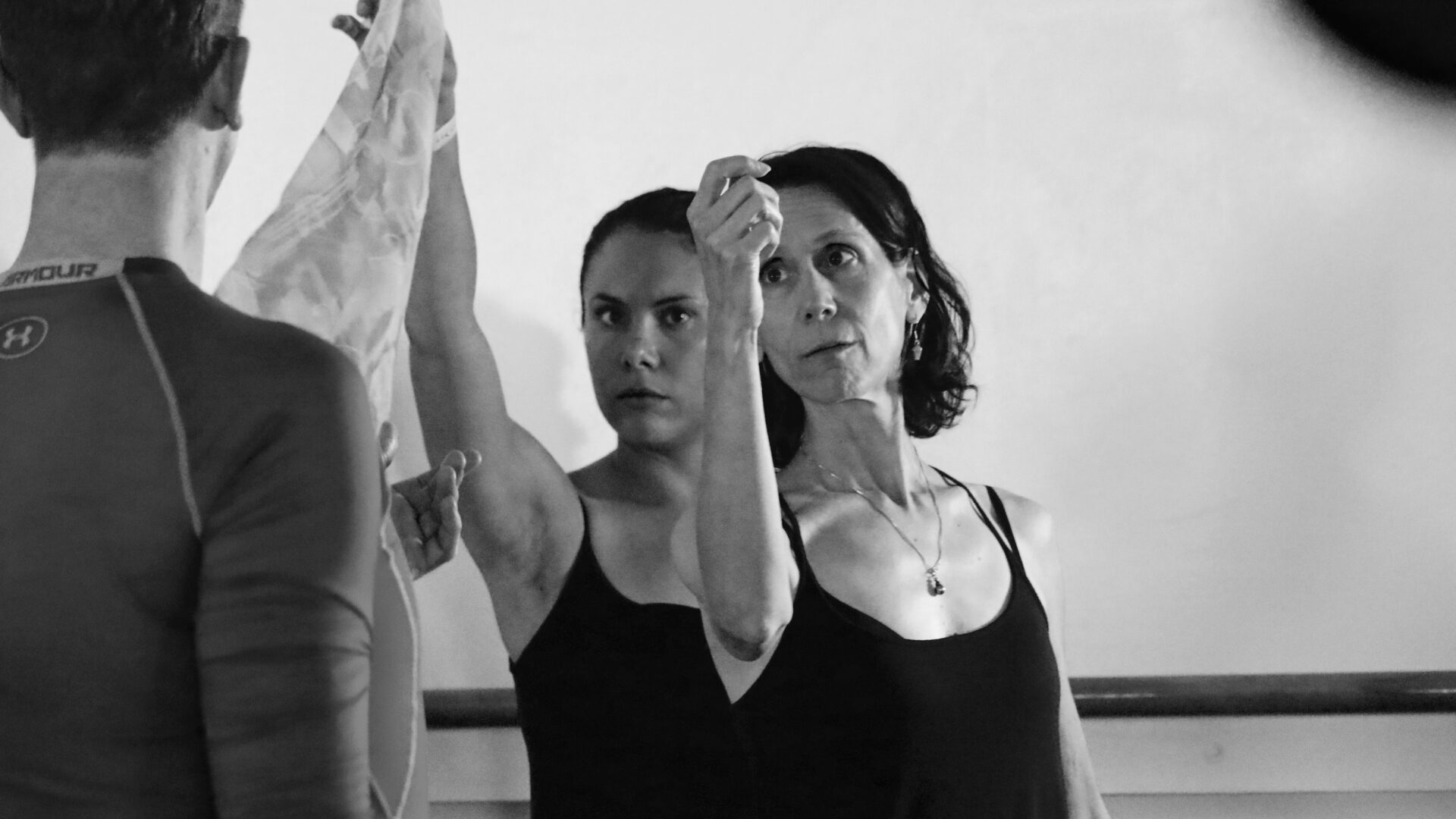We were lucky to catch up with Leigh Purtill recently and have shared our conversation below.
Hi Leigh, really happy you were able to join us today and we’re looking forward to sharing your story and insights with our readers. Let’s start with the heart of it all – purpose. How did you find your purpose?
To be honest, I ignored my purpose in life for many years before rediscovering it.
When I was in high school, I loved my science classes and idolized my biology teacher and thought I wanted to be a researcher and educator like her. In my extracurricular activities – cheerleading or the varsity tennis team or dance – I tended to be in a leadership or teacher role. And I loved it! My mother teases me that it’s because I like to tell people what to do but really, I liked explaining things to others. If I understood a concept and someone else couldn’t, I wanted to help them.
In college, I returned to my first love of dance and again, my focus was not on performing but teaching. I studied pedagogy and taught children’s classes in the summertime with the expectation that I would be a dance studio owner and teacher when I left college.
However, that was not to be the case! I ended up teaching nights while working a day job and realized dance would not pay the bills. I returned to graduate school to pursue an MS in Film Production but never entirely left teaching. No matter what I did or where I lived, there always seemed to be a reason to teach a dance class.
Still I couldn’t see myself as a full-time teacher. I kept pushing it away for years until finally, I had an opportunity to sub an adult ballet class…and that’s when I realized how much I missed being the leader, being the educator, and helping others learn. I returned to it slowly, subbing at first and then taking a job at a studio and eventually forming my own business and nonprofit ballet company. It took years for me to admit this is what I was meant to do.
Thanks for sharing that. So, before we get any further into our conversation, can you tell our readers a bit about yourself and what you’re working on?
My life is ballet! I feel blessed and lucky to spend my time and energy in a creative field. I teach all levels of adult ballet with an emphasis on dancers who start or return to ballet later in life. I try to “meet them where they live” and provide instruction that respects them as individuals.
I am also the artistic director of a nonprofit adult ballet company which was founded in 2017. I love working with the dancers in the company and enjoy building shows and developing stories and characters that reflect the diversity of the cast. My aim, which is the mission of the company, is Ballet for Everyone, not only bringing new dancers to the stage but also new audiences to ballet.
Whether it’s my classes or my choreography, I love storytelling, especially unusual and unique stories that are more broadly appealing to audiences than the traditional ballets. Although we are known for our Zombie Ballet (that’s right: “Sweet Sorrow, A Zombie Ballet” is based on Shakespeare’s “Romeo & Juliet” and takes place after the lovers are dead), we have other repertory like a steampunk circus ballet, a time-traveling science fiction ballet and now, a twisted take on Nutcracker, which we are calling “Cracked.” It has all the elements of the classical story, including the iconic music, but the story diverges at the bottom of Act 1 and instead follows the Maid, Nora, as the central character. We’re excited to bring this story to audiences who are both familiar and unaware of the original Nutcracker.
There is so much advice out there about all the different skills and qualities folks need to develop in order to succeed in today’s highly competitive environment and often it can feel overwhelming. So, if we had to break it down to just the three that matter most, which three skills or qualities would you focus on?
For brand new teachers or choreographers, I think I would emphasize these three things:
1. Be original – honor the unique voice you have and don’t be tempted to water it down to make it more palatable to others. There are a lot of people who told me “zombie ballet” sounded silly and that it could never be taken seriously. I hope those people are eating their words now because I stuck with it, knowing that I could do classical ballet and still have fun. Now we have fans around the world and dancers have come to the company precisely because of those “silly” zombies.
2. Be patient – after many years in Los Angeles and in the dance community here, I have seen things go in cycles. If you are the hot teacher or choreographer now, in a minute you won’t be, and vice versa. I don’t think you can live your life desiring only to be number one because that won’t last. And in order to be #1, you might have to compromise your artistic voice.
3. Be respectful – of others, of yourself. You can’t go wrong treating others with kindness and grace and I believe people respond to that. If you are genuinely interested in them, they will feel that and give back to you what you give to them. And of course, respect your boundaries, respect your self-care and mental well-being. It’s easy to throw yourself into an artistic career and lose sight of what your values are.
All the wisdom you’ve shared today is sincerely appreciated. Before we go, can you tell us about the main challenge you are currently facing?
Coming out of the pandemic, arts organizations are looking for audiences to return. The same holds true for the students in my dance classes. We would all love to get back to the pre-pandemic levels of attendance in the theater and studio but it’s not happening as quickly as we would like.
Many arts patrons and dance students couldn’t wait to be back in person while many others are still cautious. We need to reach them where they are. If they are at home, I want to bring ballet to them: hybrid classes and streaming performances. If they are in person, I want to give them a unique experience that makes them happy they took the time to get out of their homes.
We have to recognize things have changed for a lot of people. During their time away from the in-person arts, they may have found other creative outlets or they may have moved or changed jobs. So many people started families or decided to refocus their energies. It’s unfortunate for the teachers and performance groups that enjoyed having them around – and whose livelihoods depended on them – but we simply need to look for new audiences, new students.
Arts organizations have to adjust to a new way of performing: here in Los Angeles, we have found people decide to purchase tickets at the last minute – even more so than pre-pandemic. That can be frustrating but knowing this is common for all groups, at least we don’t feel singled out!
But everything is cyclical: there will always be people who want to learn to dance, dancers who want to perform, audiences who are thrilled by live shows. Adding new ways to get them involved makes us more resilient for the future.
Contact Info:
- Website: www.LeighPurtillBallet.com
- Instagram: @LeighPurtill
- Facebook: clpurtill
- Linkedin: @LeighPurtill
- Youtube: @LeighPurtillBallet
- Other: Company website: www.LeighPurtillBalletCompany.org
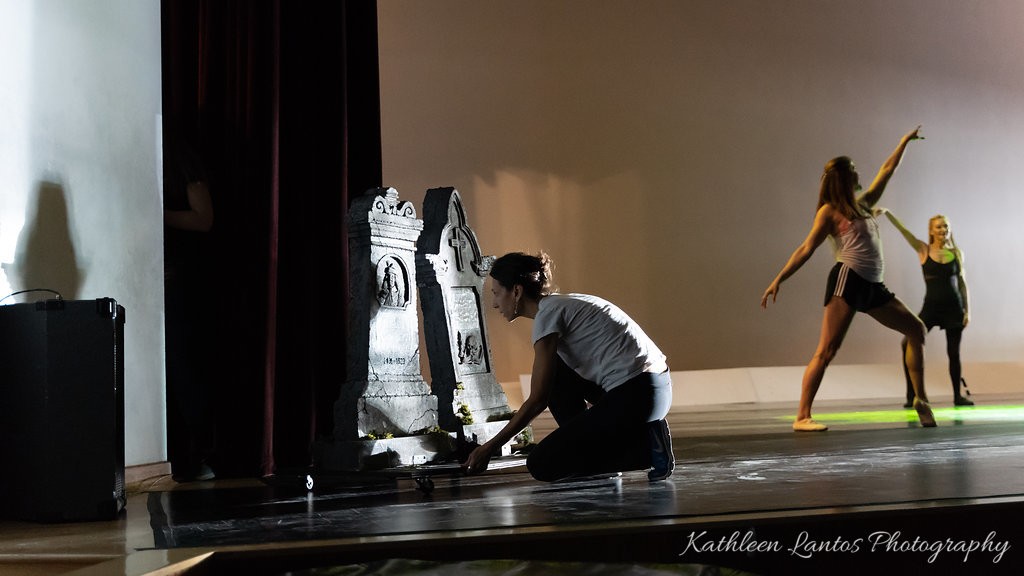
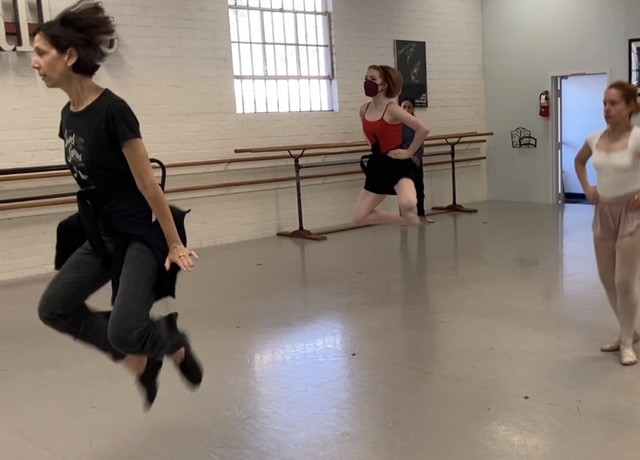
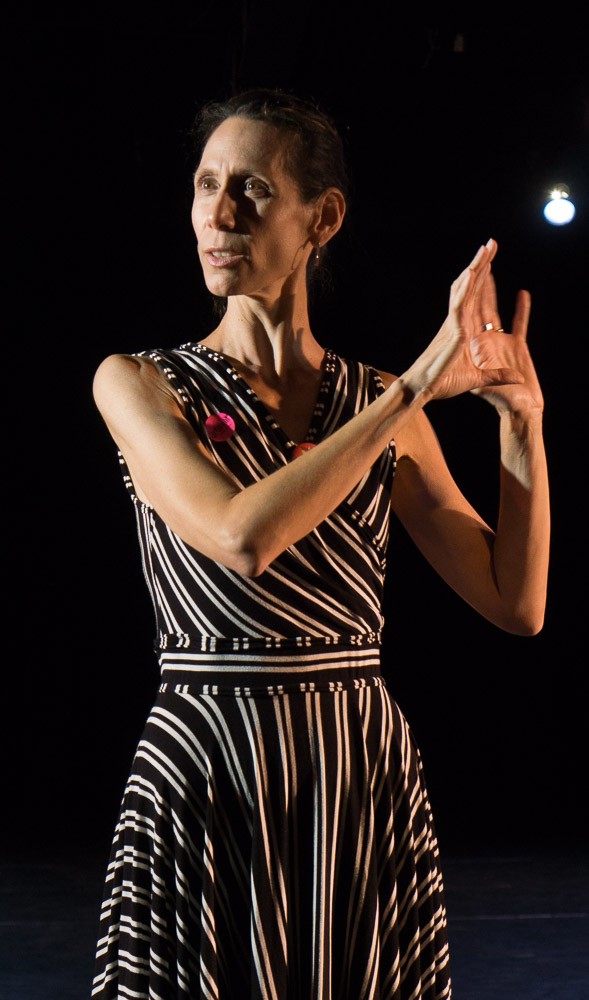
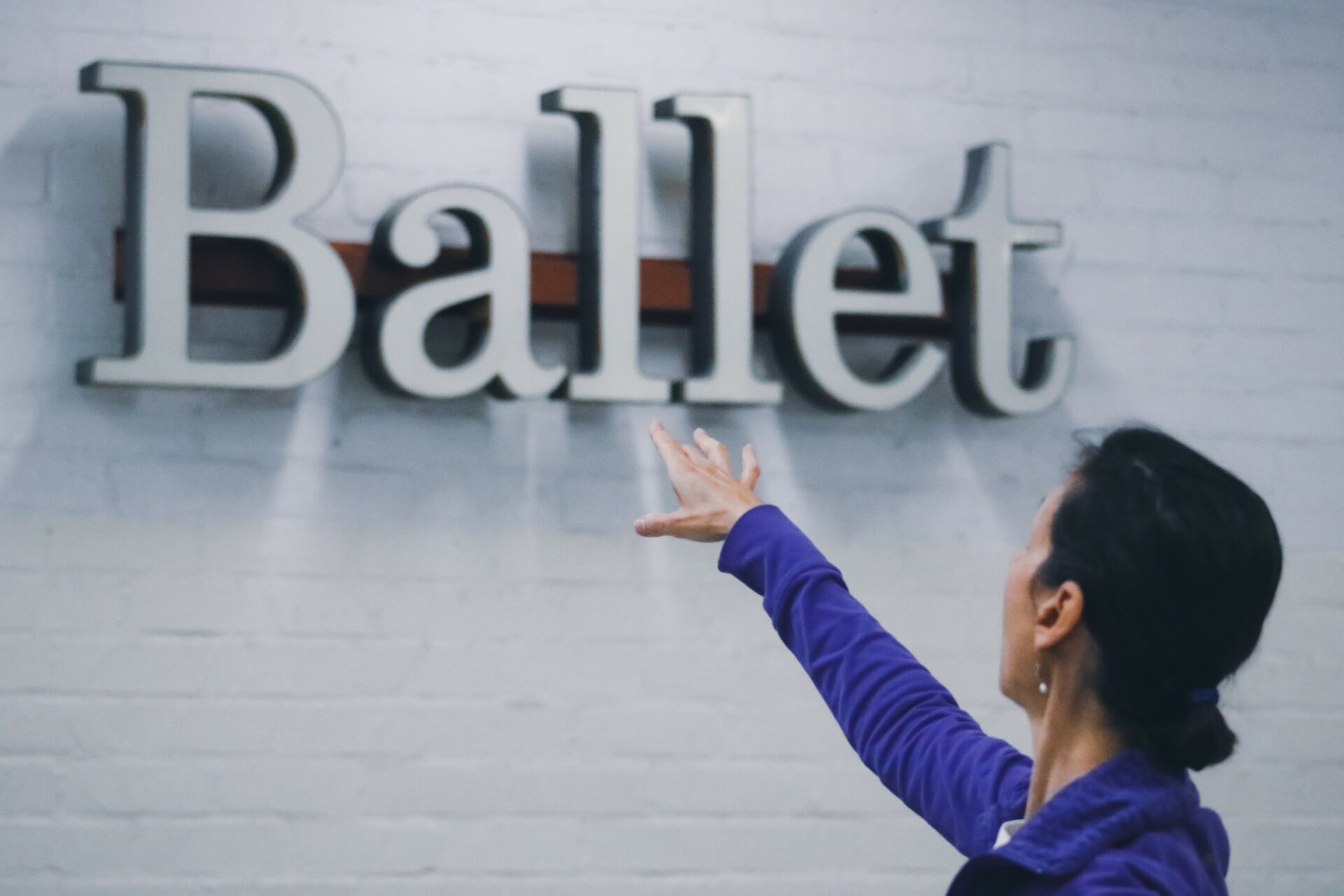
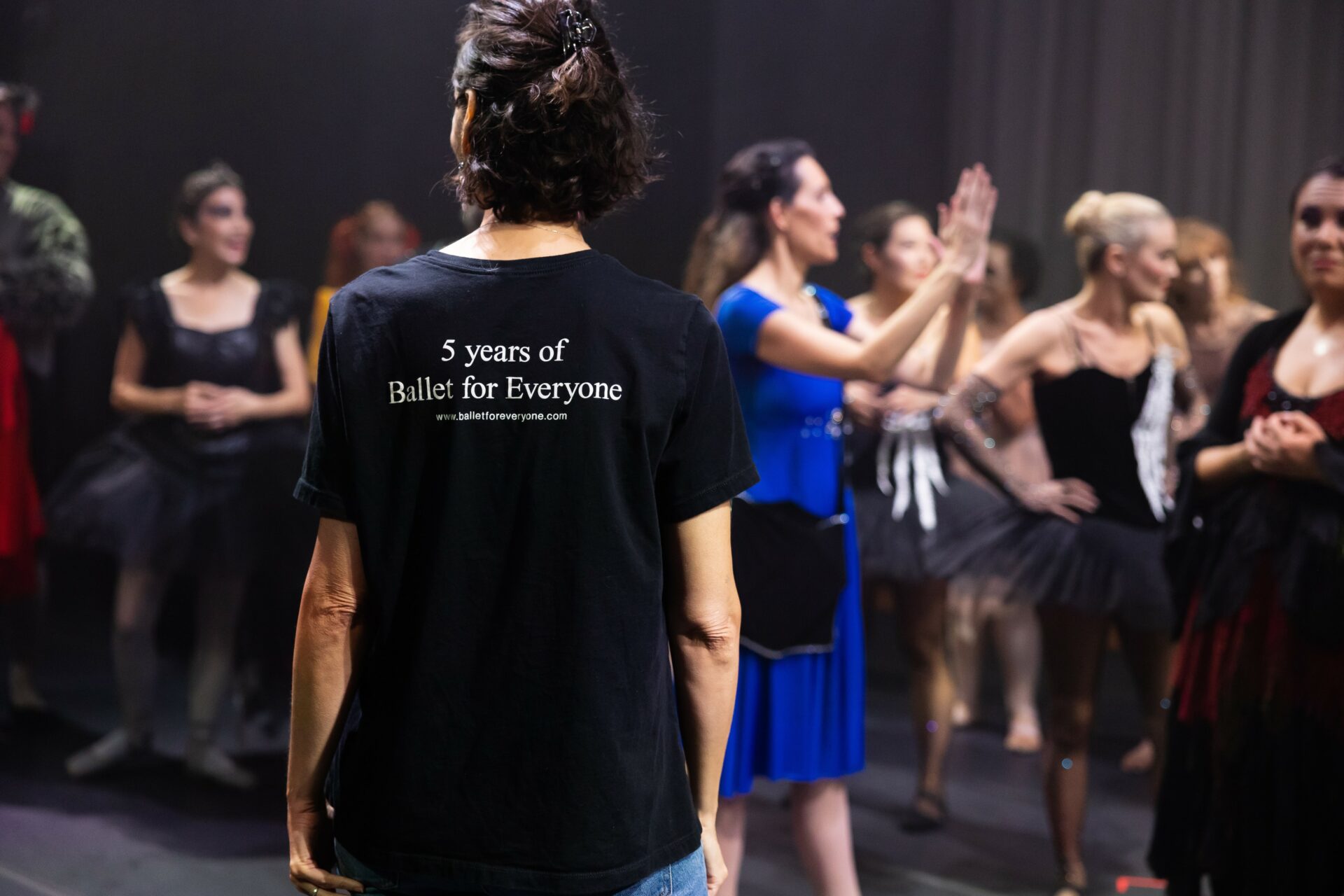
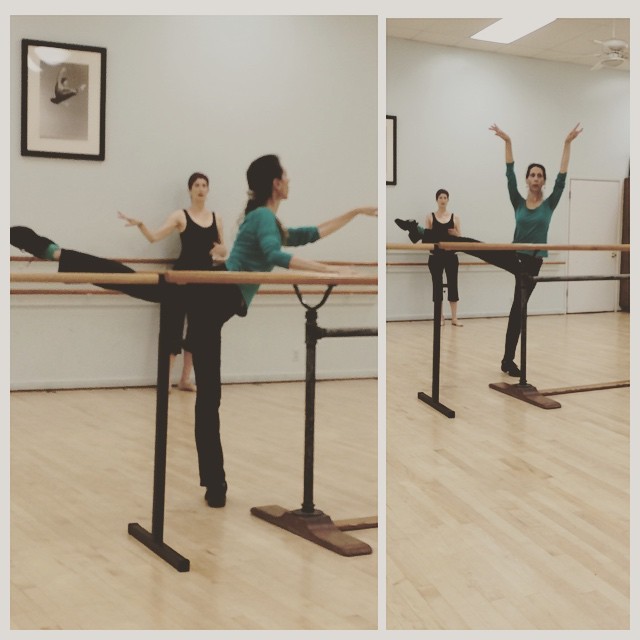
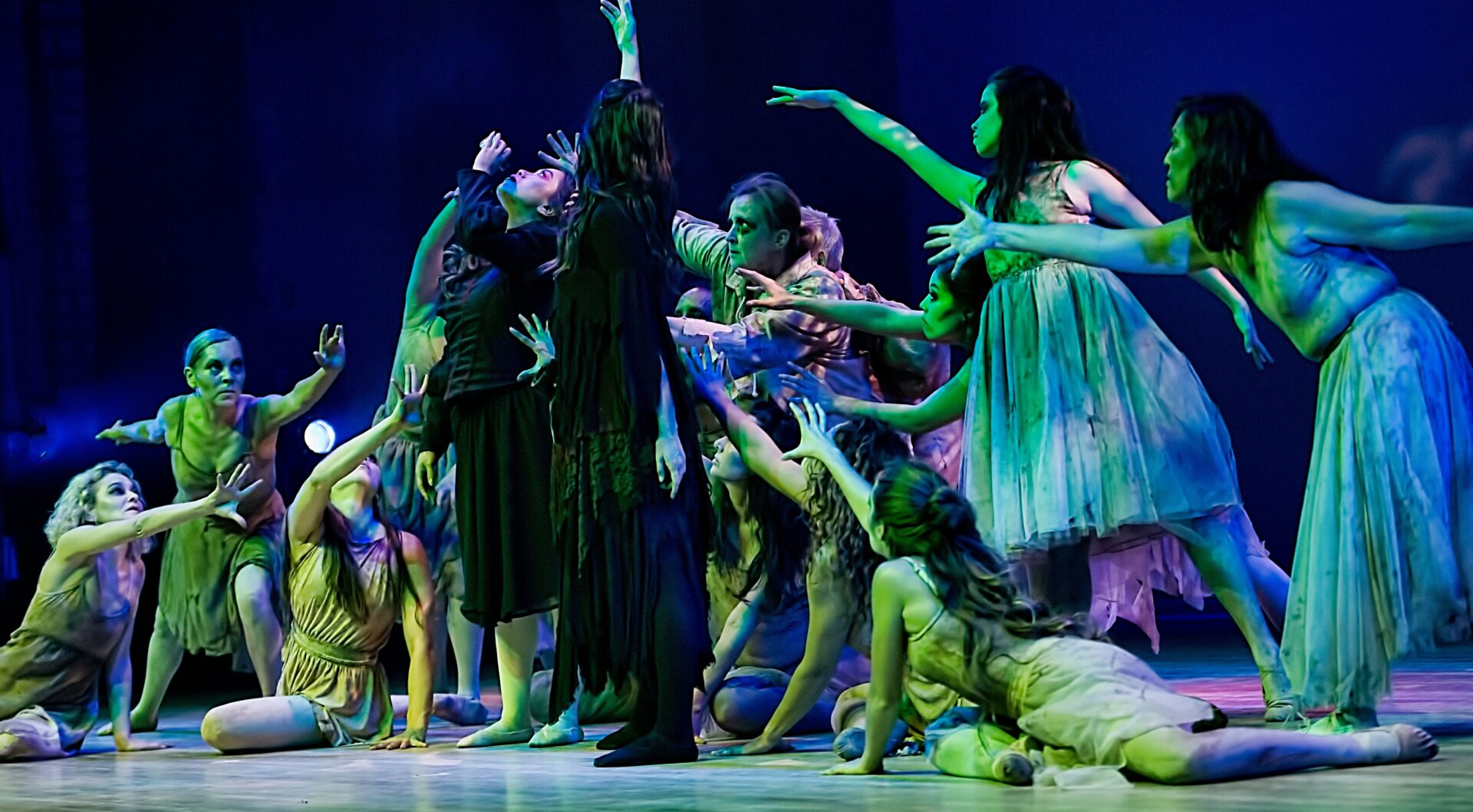
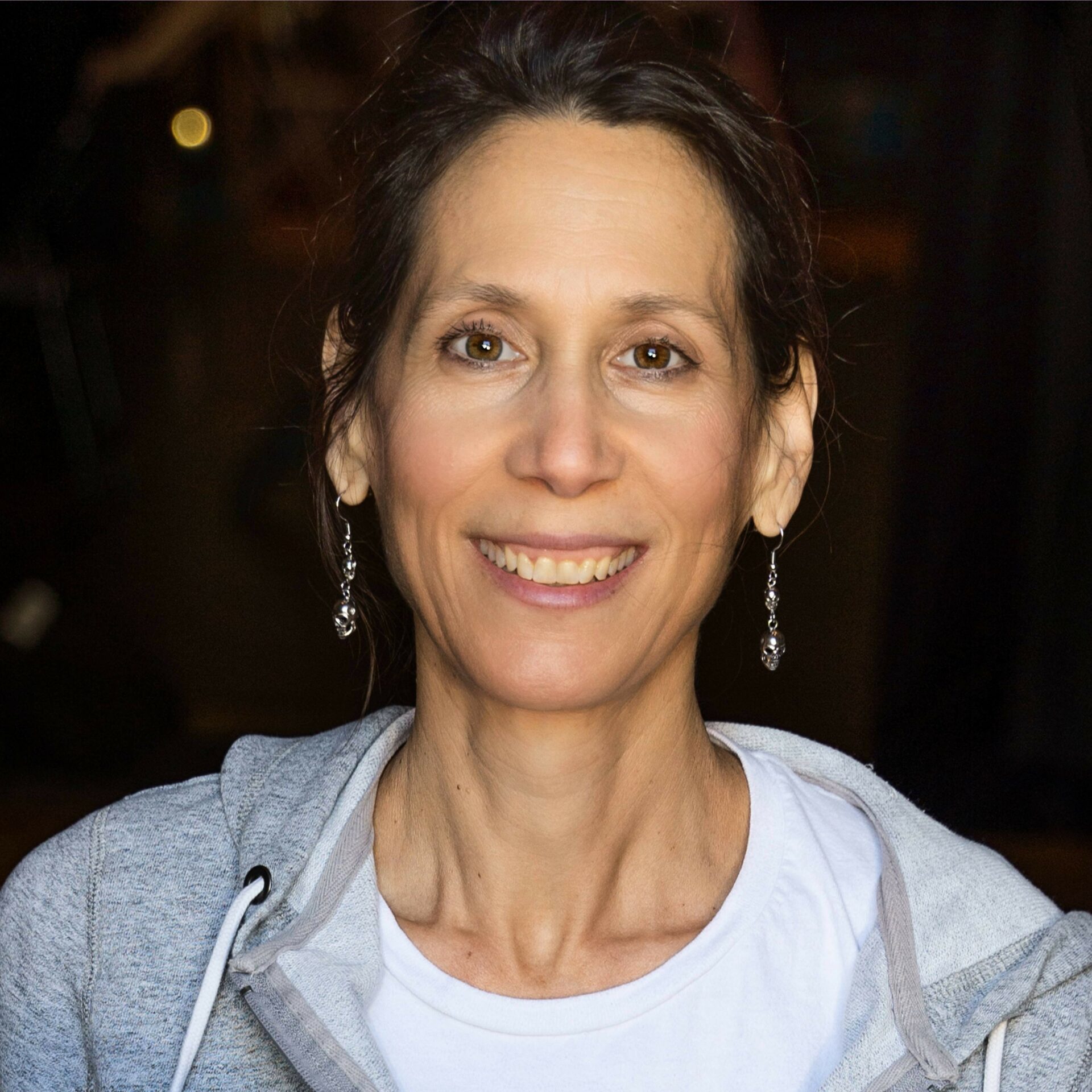
Image Credits
Rawl Paredes, Katie Ging Photography, Kathleen Lantos-Crane, Clarence Alford

